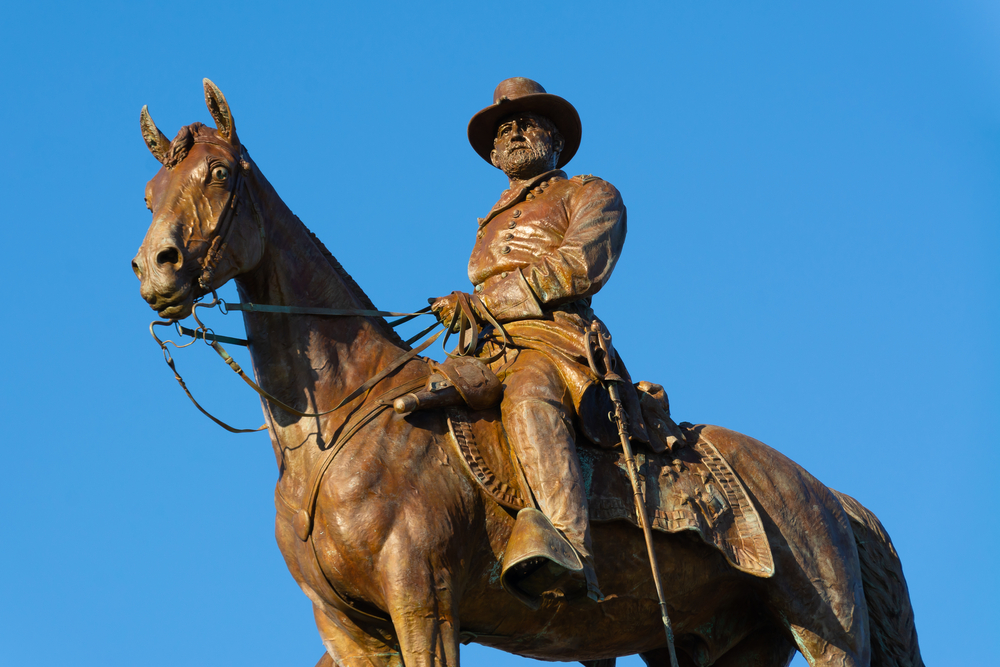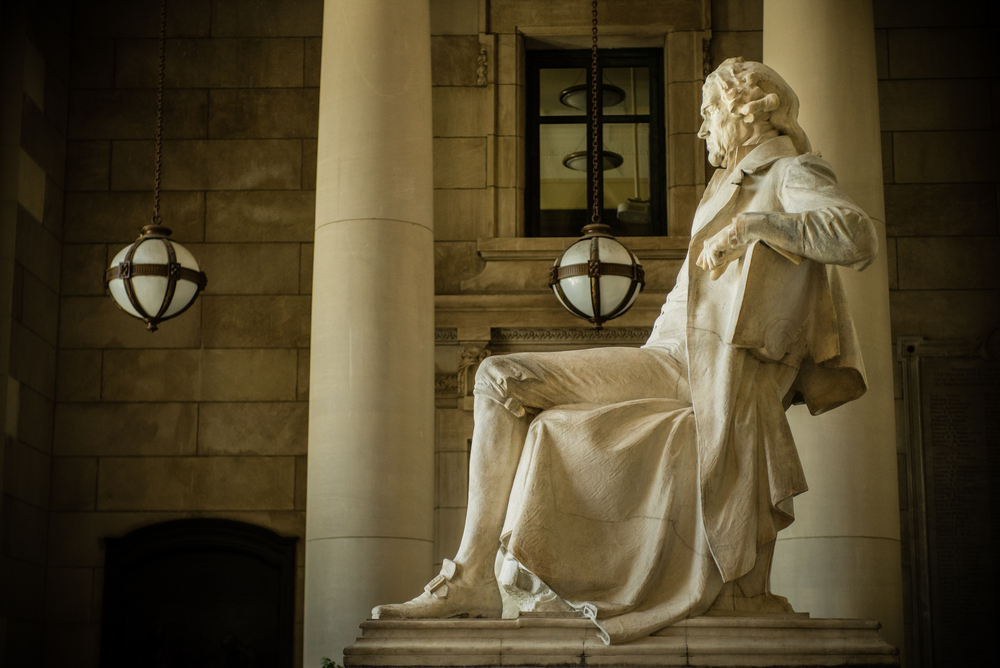Privilege at DePauw: A Personal Perspective
In light of recent discussions on campus, I’d like to offer up my own understanding of privilege. The notion of privilege has frequently come up in conversations around campus, but rarely does it seem to be understood. I have heard numerous complaints that discussing privilege demonizes someone for something they cannot control or that it is some sort of boogeyman of reverse discrimination. This understanding of privilege is far from the truth.
By only thinking of privilege as a personal attack on someone for factors they cannot control, we ignore the destructive effects that privileged society continues to have on marginalized peoples.
Perhaps the easiest way to understand privilege is to consider its everyday, real-life impacts. Let me give you an example. I use my privilege every time I put my name down on a job application. Let’s face it: as far as names go, “Conner Gordon” sounds pretty stereotypically white. And studies have shown that, because of that, I will be more likely to be called back for an interview than an equally qualified individual with a “non-white-sounding” name.
But my privilege extends beyond the job interview. When I hear about tragedies such as the Jordan Davis shooting, I don’t have to worry that my light-skinned friends or I will be faced with the same threat of profiling. As a man, I don’t have to worry about being paid less than a female coworker for the same work. Nor do I have to worry that the morality or legitimacy of my relationships will be questioned – a criticism that LGBTQ individuals face constantly. These are just the most basic of countless benefits that my privilege grants me.
It is clear that privilege exists in our society, as well as on our campus. However, that doesn’t mean that pointing it out constitutes a personal attack. Acknowledging your privilege doesn’t invalidate the struggles you’ve had in your life or make you bigoted. It only recognizes that, in getting where you are today, you may have had advantages due to ethnicity, sexual orientation, gender or income that others haven’t. Privilege is not the direct result of personal circumstances, but of social inequalities – inequalities that have destructive effects on the marginalized.
Consider it this way. The United States produces some of the highest per capita carbon dioxide emissions in the world. Yet nobody is blaming you for growing up in an environment with such destructive effects. After all, that’s not something you can control. However, this does not absolve you of being part of a system that has numerous negative effects on others. If you do nothing to change this destructive status quo, the blame is nonetheless deserved.
Privilege works in a similar manner. It is not inherently wrong to be a part of a privileged group. You are not being demonized for being white, male, straight, wealthy or any other status that grants you privilege. But if you are doing nothing to change the social inequalities that make you privileged in the first place, you are contributing to the problem.
While I have done the best that I can, the picture of privilege I have described here only scratches the surface. To truly understand privilege, you have to talk to those who are the victims of it. I am by no means an expert, and given my own privilege I am not qualified to accurately portray how it affects others. I urge you to take this conversation beyond the opinion pages of The DePauw and to take the first step in solving the numerous inequalities that affect our campus.





